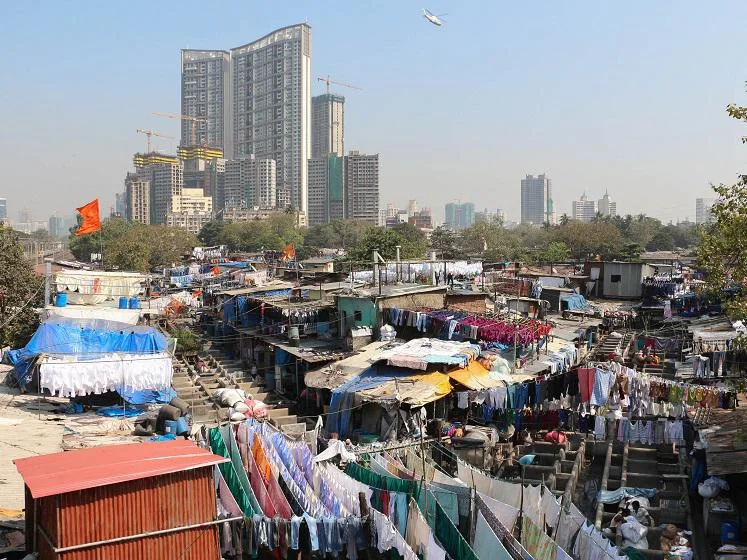For richer or poorer

How does inequality grow? Read about Dr Milena Tsvetkova's research into the conditions where social mobility is constrained.
With the gap between the poorest and the richest in societies surging to levels not seen in many western countries in over a century, inequality has become a pressing priority. The most commonly used indicator of inequality is income, measuring the difference in wealth between groups at the top and those at the bottom of society, while other measures include social status, power and wealth.
In recent years, academics and commentators have identified extreme inequality as a driver of the widening social divisions and political shocks in the U.S. and the U.K, the two most unequal developed economies in the world.
Despite a broad consensus that high levels of inequality are bad for societies, how are concentrations of power allowed to develop? Dr Milena Tsvetkova of the Department of Methodology has published a study which aims to answer this question by analysing the conditions where inequality prospers.
In the research, funded by the VW Foundation, a non-profit organisation that promotes social science research, Dr Tsvetkova and her research partners use a technique commonly known as the meta-study, reanalysing a body of existing research to locate broader trends.
They studied 33 experiments, some of which looked at how social networks are structured, and the level of mobility that occurs inside different networks. Also included in the researchers’ analysis were how reputations affected social position, and whether the ability to penalise other citizens, through fines or other penalties, increases inequality.
The main finding was that there is more inequality in stable networks, with tight social structures and hierarchies, compared to random networks. An example of this is communities that are economically dependent on farming and land, where there are greater opportunities to accumulate land and wealth, and then transmit it to future generations.
The findings suggest that greater diversity and flux within social groups will lessen the accumulations of power which can occur in fixed networks and lead to inequality.
Dr Tsvetkova says: "A rigid social system, where people have a certain position or role, appears to breed higher inequality. This sits in contrast with random and more dynamic networks, where individuals have different roles in a looser social structure."
The analysis also found that being able to punish other people within a group is a feature of increased inequality. An example of this can be financial penalties levied on citizens who are less to contribute through taxation.
One of the explanations posited by the researchers is that fixed networks allow greater scope for the wealthy to exploit the poor. Where the ability to punish exists, the greatest burden for paying for the punishment will fall onto the poorest in society, who are less able to pay.
Dr Tsvetkova says: "Where institutions are designed to punish peers if they do not contribute, it is often the poorest, those who are already losing out, that are most interested in subsidizing such institutions. However, paying for punishment makes the poor even poorer, while the rich continue benefitting from everyone’s higher contributions."
And within social networks, the power of peer reputation appears to be less influential on inequality than might be expected.
Previous research has shown that people are more likely to cooperate with those who have positive reputations, with people’s perceptions reinforced and exaggerated over time. As a result, social groups where reputation is publicly available tend to have higher inequality than in groups where it is not.
Using the example of social media communities, Dr Tsvetkova says: "Reputation guides online transactions on eBay or Amazon. In these websites, those with the most reviews are perceived to be the most reliable, leading to specific sellers dominating the market."
"Smaller networks of cooperation could override the effects of public reputation in certain situations. For instance, if buyers are guided to a more diverse subset of options that does not always include the best sellers, there could be less inequality in the market," Dr Tsvetkova adds.
The large scale study makes the case for dynamic, diverse groups, with varied interactions as the basis for reducing inequality. Dr Tsvetkova says: "The more we understand about the conditions where certain groups amass excessive power, the closer we will be to understanding how to resolve the problem."